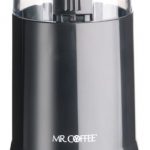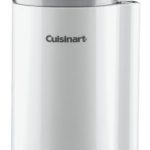Coffee Reduces Stroke and Heart Disease Risk by 7-8% – American Heart Association
New research finds everybody can lower the danger of stroke and heart disease by just drinking a second coffee each day.
A research study in the medical journal “Circulation” determined that with each cup of coffee, the danger of stroke by falls by eight percent and the risk of heart disease falls by seven percent.
Even adding only one coffee per day can be sufficient to decrease the risk, according to the study by the American Heart Association.

This research furthers the body of scientific knowledge showing that coffee has many medical advantages. Previous studies have linked coffee to increased fitness, staving off headaches, living longer.
In the present study from the American Heart Association, scientists analyzed data from the long-term Framingham Heart study, a project which has explored coronary disease for over 60 years.
The study was performed at the University of Colorado and the findings then contrasted with two other conventional studies.
Dr. Laura Stevens, the principal researcher and architect of the study explained, “The association between drinking coffee and a decreased risk of heart failure and stroke was consistently noted in all three studies. The work showed that each additional cup per day had an associated
decrease of each outcome.”
Despite the fact that the high caffeine levels in coffee has raised certain worries among professionals, the staggering effects of antioxidants in coffee has numerous medical advantages including securing against some cancers.
These antioxidants may be invaluable in decreasing the chance of stroke and heart disease.
The scientists propose that similar big data studies could help in linking other risks, but stress that such studies are never 100 percent exact.
A public statement focused on that this kind of study exhibits a watched affiliation, however does not demonstrate circumstances and end results.
In any case, analysts are still behind this learning innovation.
Another contributing author, David Kao added: “Machine learning may be a useful addition to the way we look at data and help us find new ways to lower the risk of heart failure and strokes.”
The study was showcased at the 2017 American Heart Association’s Scientific Sessions in Anaheim, California.
Up to 400 milligrams of caffeine daily or four cups of coffee is the recommended amount for adults.





